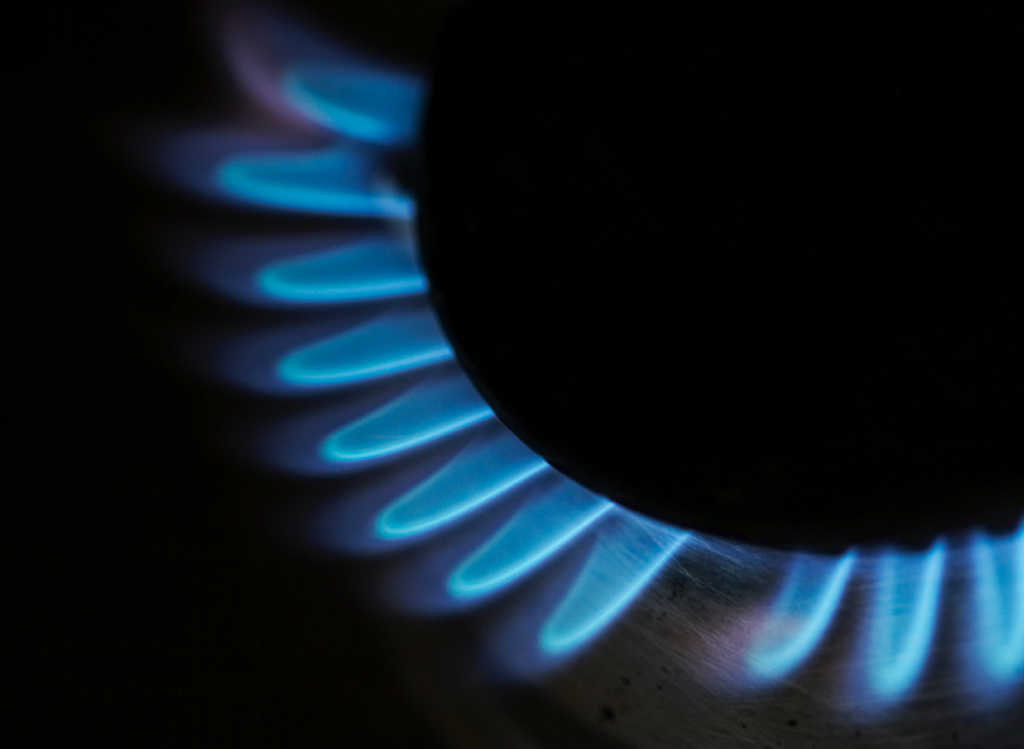So far this autumn, the weather has been rather easy on us. Despite a rather high rainfall and, of course, that mid-September heat wave, there have not been too many cold evenings…..yet.
So when should you turn the heating on? As the cost of living crisis continues, this date is sadly being pushed back for many, while with more affluent individuals, the “on” date is not so much of an issue. Between 1 October and 31 December 2023, the energy price cap is set at £1,834 a year for a typical household that uses gas and electricity and pays by Direct Debit. But bear in mind that it’s the price per unit of energy that’s capped. If you use more, you will still pay more.
And the date? Sunday 29th October.
This is the date many will turn their heating on, which coincides with the clocks going back – an annual milestone in the year that truly signifies the onsite of autumn. The shorter days bring cooler temperatures, especially in the evenings and mornings. According to British Gas, the last week of October is when most of their customers have turned on their heating.

The Energy Saving Trust recommend heating your home between 18 to 21 degrees. The World Health Organisation suggest the lower end of this range for healthy adults.
Do you know how much your heating costs?
This depends on a number of factors:
1. How long you use your heating for
2. The temperature your heating is set at
3. The size of your home
4. How efficient your boiler is
4. How energy efficient and well insulated your home is
5. Were you live
6. The number of people in your home
While it’s quite easy to work out energy use with appliances like fridges etc, with central heating, it’s much harder as there are so many variables. You can, however, get a broad estimate – which, although not totally accurate, will give an indication. To work this out, you will need the following:
The amount of kWh your boiler is using: Most boilers are between 20-40 kWh (kWh – a kilowatt-hour is a unit of energy: one kilowatt of power for one hour.)
The cost of your energy: Due to the Government’s Energy Price Guarantee, you will currently not pay any more than 27p per kWh for electricity (1 Oct to 31 Dec 2023) and no more than 7p per kWh for gas (1 Oct to 31 Dec 2023). For this comparison, we are not including oil central heating.
The calculations:
The calculation is the kWh of your boiler multiplied by the price of 1kWh of gas, then divided by 100.
For example – if your boiler used 30kWh of gas per hour, and your gas costs 7p, it would be 30 x 7 = 210p, divided by 100 = £2.10 per hour to run your boiler. Run it for 5 hours (£2.10 x 5) = £10.50 etc.
Energy Price Cap:
The price cap makes sure that prices for people on default energy tariffs are fair and that they reflect the cost of energy. Ofgem (Ofgem is the Office of Gas and Electricity Markets) update the price cap level every three months to reflect changes in underlying costs as well as current inflation.
Ofgem monitors suppliers to make sure their default tariff rates do not go above the limit set by the energy price cap.
Alternatives to Central Heating:
If you own a wood-burning stove, you could be able to use it to help with the heating and associated costs. A number of stove owners are using their stove as a key heating source, so in the evenings, they can turn the heating right down throughout the house, just so it’s warm enough when getting into bed but cooler than they would usually have. You can learn more about this here.








